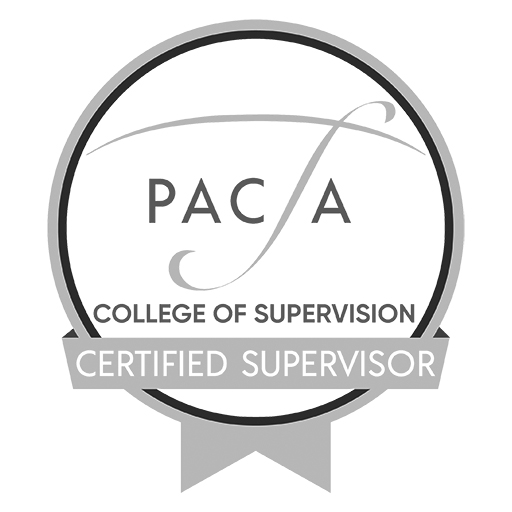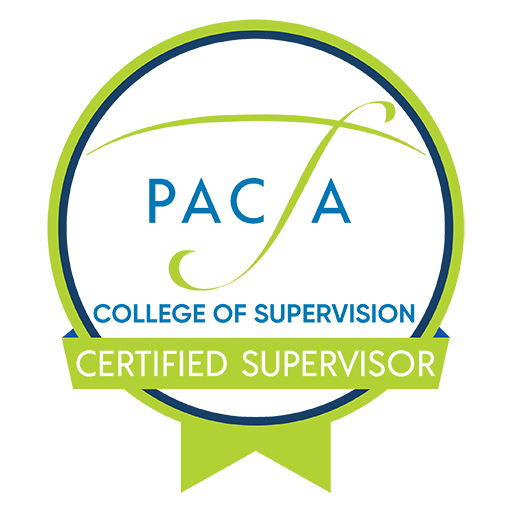The interest in MI as a central (not ‘specialist’ or ‘fringe’) skill for health practitioners is growing fast. I was recently approached by Allied Magazine to pen a brief article on MI in progressive allied health practice. What evolved from this invitation is reproduced and extended in this issue featuring Five Pearls for you MI practice. I do hope you find it a supportive recap of many of the explorations in your MI learning so far, or a stimulating intro for those of you coming along new to these concepts.











